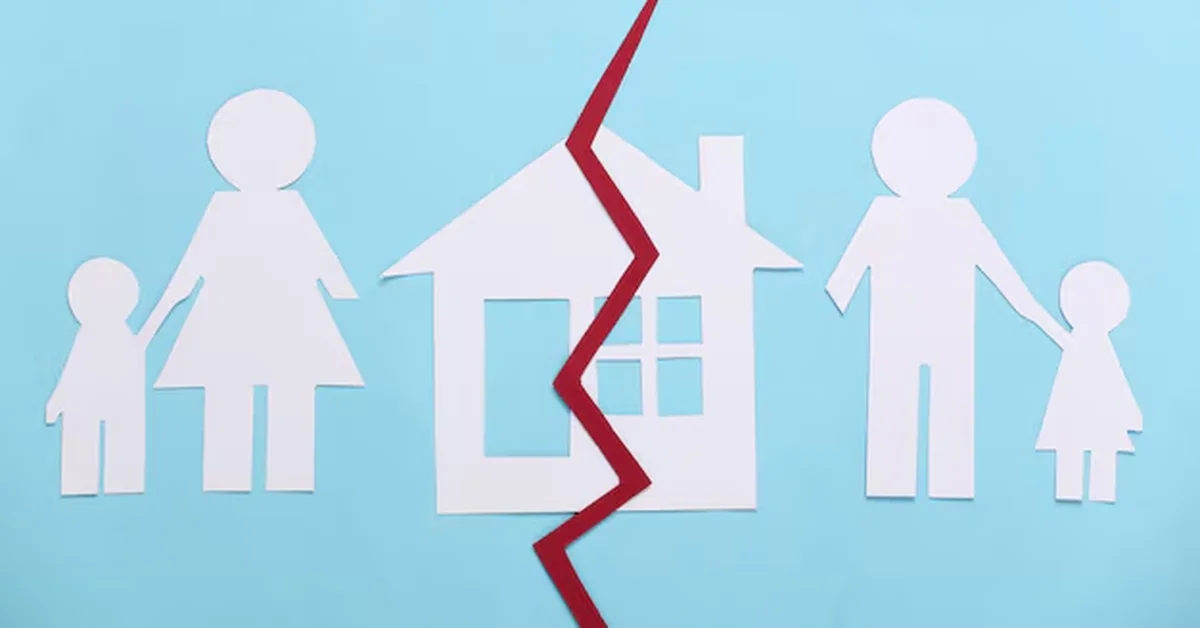When a marriage faces challenges, couples may find themselves exploring legal ways to define their relationship. Separation and divorce are two options that serve different purposes and have varying implications for families. Understanding these differences can help you make informed decisions about your next steps.
What Is Separation?
Separation refers to a situation where a couple decides to live apart but remains legally married. This can be an informal arrangement or a legal separation formalized through the courts, depending on the couple’s needs and the laws in their jurisdiction.
Legal separation often includes agreements about:
- Child custody and visitation rights
- Division of assets and debts
- Spousal support
Separation can serve as a trial period for couples unsure about pursuing divorce or as a long-term arrangement for those who cannot or do not want to dissolve their marriage legally.
What Is Divorce?
Divorce, unlike separation, is a legal termination of a marriage. Once a divorce is finalized, both parties are free to remarry if they choose. Divorce involves a more formal legal process and typically requires decisions about:
- Custody and parenting arrangements
- Division of marital property
- Financial support, including child and spousal support
Family lawyers play a critical role in divorce cases by helping clients understand their rights, navigate court procedures, and negotiate fair settlements.
Key Differences Between Separation and Divorce
Legal Status
The most significant distinction lies in the legal status of the couple. Separation keeps the marriage intact, while divorce officially ends it.
Financial Considerations
In separation, couples may still share financial benefits, such as health insurance or tax benefits, depending on local regulations. Divorce severs these financial ties.
Emotional and Social Impact
Separation can be less emotionally taxing for some, as it provides a sense of hope or temporary relief without the permanence of divorce. Divorce, on the other hand, often represents a definitive end to the relationship.
Religious or Personal Beliefs
For individuals with strong religious or cultural objections to divorce, separation offers an alternative that respects their beliefs while addressing practical concerns.
When to Consider Separation
Separation may be a suitable choice for couples who:
- Want to take time apart to assess their relationship
- Need space to resolve conflicts without the permanence of divorce
- Wish to retain financial or social benefits associated with marriage
Legal separation can also be a stepping stone to divorce for couples who want to prepare themselves emotionally or financially.
When to Consider Divorce
Divorce may be the best option for couples who:
- Have irreconcilable differences
- Wish to move forward with their lives independently
- Need a legal resolution for custody, property division, and support issues
Family lawyers can help evaluate your situation and determine whether divorce aligns with your long-term goals.
Alternatives to Separation and Divorce
For couples seeking to address marital difficulties without legal proceedings, other options include:
- Counseling: Marriage counseling or therapy can help couples work through issues and potentially rebuild their relationship.
- Mediation: A neutral third party can help facilitate constructive discussions about relationship challenges.
These alternatives may not be suitable for everyone but can provide a valuable pathway for couples looking to reconcile or improve their relationship dynamics.
The Role of Family Lawyers in Separation and Divorce
Family lawyers provide critical support in both separation and divorce cases. They help:
- Draft separation agreements or navigate the divorce process
- Ensure fair outcomes for custody, property, and financial matters
- Represent clients’ interests in negotiations or court proceedings
Their expertise ensures that your legal rights are upheld and helps reduce stress during what can be a challenging time.
Deciding between separation and divorce is a deeply personal choice that depends on your circumstances, goals, and beliefs. Both options come with unique legal, financial, and emotional implications, making it essential to seek professional guidance.
Family lawyers are instrumental in helping you understand your options, protect your interests, and navigate the complexities of separation or divorce. With the right support, you can make informed decisions that pave the way for a more stable and fulfilling future.









